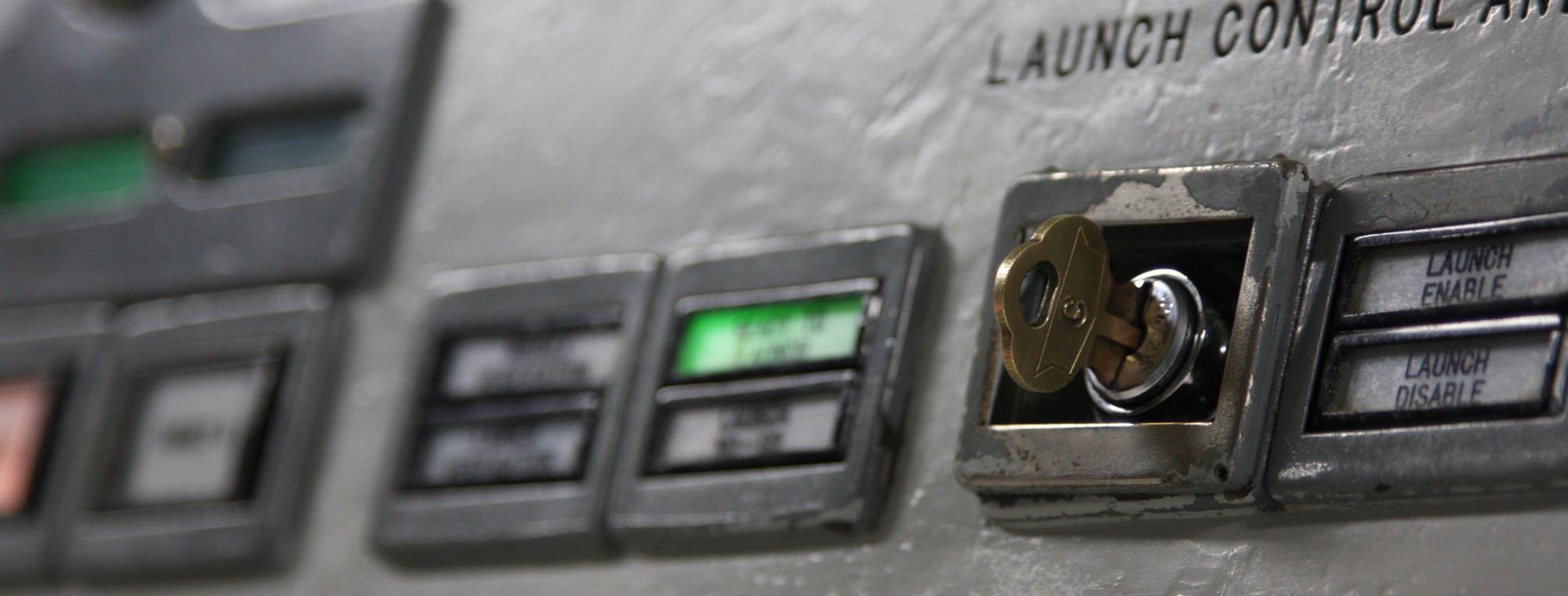Russia
Great headway has been made since the end of the Cold War in shrinking the Russian and US nuclear arsenals. But between them, the United States and Russia still have more than 14,000 nuclear weapons — over 93% of the world's stockpile. More than three thousand of them remain on high alert, meaning they can be launched in a matter of minutes.
Reducing these nuclear stockpiles help increase global stability, build the international non-proliferation regime and reduce the chances that nuclear materials will fall into the hands of terrorists. Instead, Russia and the United States are now on the brink of a new arms race to rebuild their nuclear arsenals.

